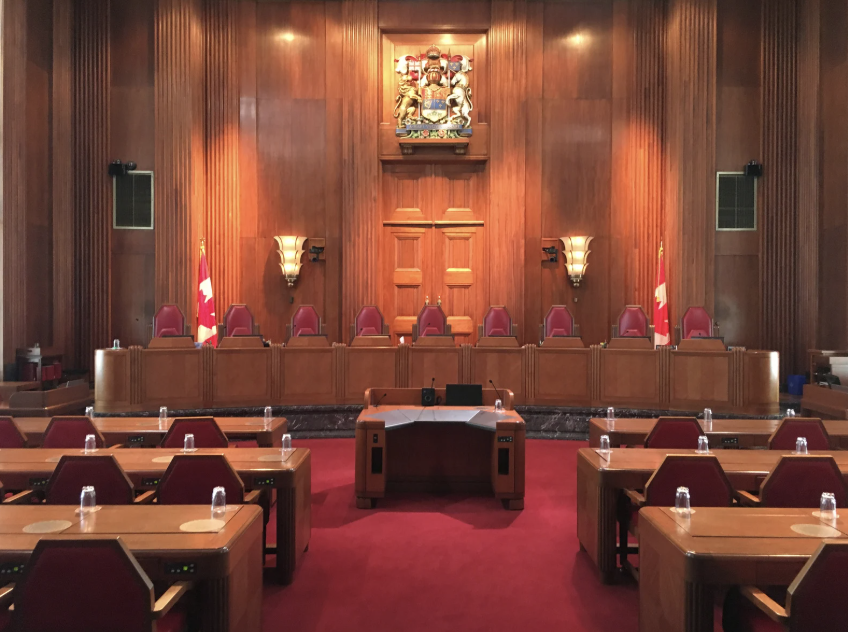Federal Judge Blocks Florida Law Targeting Undocumented Immigrants
On August 9, 2024, a notable decision emerged from a Miami courtroom, as a federal judge issued an injunction against a controversial Florida law that sought to prohibit undocumented immigrants from renting or purchasing homes in the state. This law, which was enacted earlier that year, had sparked significant backlash from various advocacy groups and legal experts who were concerned about its implications for housing security and its potential discriminatory effects on immigrant populations.
The Legal Aspects of the Ruling
Judge Thomas Randall presided over the case and concluded that the law in question was likely unconstitutional. Specifically, he identified violations of equal protection and due process rights under the Fourteenth Amendment of the United States Constitution. In his ruling, Randall emphasized the fundamental nature of housing as a basic human need, stating, “Housing is a fundamental need, and this law arbitrarily denies access based on immigration status.” His decision not only halted the enforcement of the law but also set a significant legal precedent regarding the treatment of undocumented immigrants in housing matters.
Overview of the Law’s Provisions
The law mandated that landlords and real estate agents verify the legal residency status of individuals wishing to rent or purchase property. This verification process came with stringent penalties for landlords or agents who failed to comply, potentially resulting in hefty fines or legal repercussions. Critics argued that such requirements would discourage landlords from renting to immigrant families, fostering a climate of fear and discrimination. Immigrant rights groups highlighted that many undocumented individuals and families already faced challenges in securing stable housing, and this law would only exacerbate their struggles.
Implications for Housing Security
The crackdown on undocumented immigrants in the housing market raised significant concerns about housing insecurity across Florida. Advocacy groups articulated fears that the law would lead to increased homelessness among immigrant families, pushing them further into precarious living arrangements. Access to affordable housing is already a critical issue for many, and this legislation threatened to systematically eliminate options for a vulnerable portion of the population. Observers noted that such policies could have far-reaching implications, impacting communities beyond just those directly affected by undocumented status.
Responses from Advocacy Groups
The response from advocacy organizations was overwhelmingly positive following the judge’s ruling. Notably, Carla Mejia, the director of the Immigrant Legal Defense Fund, expressed profound relief, stating, “This decision protects the dignity and humanity of immigrants in Florida.” Many see this ruling as a crucial step toward safeguarding the rights of immigrant communities, ensuring that access to housing isn’t dictated by immigration status. These groups have called for further protections and highlighted the importance of creating an inclusive environment where everyone can seek shelter without fear of discrimination.
Political Reactions
The ruling drew mixed reactions across the political spectrum. Florida Governor Ron DeSantis voiced his disapproval of the court’s decision, labeling it as “judicial activism.” DeSantis pledged to appeal the ruling, emphasizing his administration’s stance that the law was designed to protect Floridians and ensure lawful access to housing. This response reflects a broader ongoing debate in the state regarding immigration policy and its intersections with housing rights, signaling a potential future legal battle over the matter.
Conclusion
The injunction issued by Judge Randall highlights a crucial legal and moral intersection concerning housing rights and immigration law in Florida. The federal court’s ruling underscores the importance of protecting the rights of all individuals, regardless of their immigration status, while also illuminating the broader implications of such legislative measures on housing security and community well-being. As discussions about immigration continue to evolve in the state, the future of housing policies will significantly impact both documented and undocumented residents.
FAQs
What was the main reason for the federal judge’s ruling against the Florida law?
The judge found the law likely unconstitutional, citing violations of equal protection and due process rights under the Fourteenth Amendment, and emphasized that access to housing should not be denied based on immigration status.
What were the specific provisions of the law that was blocked?
The law required landlords and real estate agents to verify the legal residency status of tenants and buyers and imposed severe penalties for noncompliance.
How did advocacy groups react to the judge’s ruling?
Advocacy groups welcomed the ruling as a victory for immigrant communities, asserting that it protects their dignity and access to basic housing needs.
What are the potential implications of the law for housing security?
The law threatened to exacerbate housing insecurity by fostering discrimination, discouraging landlords from renting to immigrants, and risking homelessness among undocumented families.
What is the political response to the ruling?
Governor Ron DeSantis criticized the ruling as judicial activism and expressed his intent to appeal, framing the law as necessary for protecting lawful housing access in Florida.

